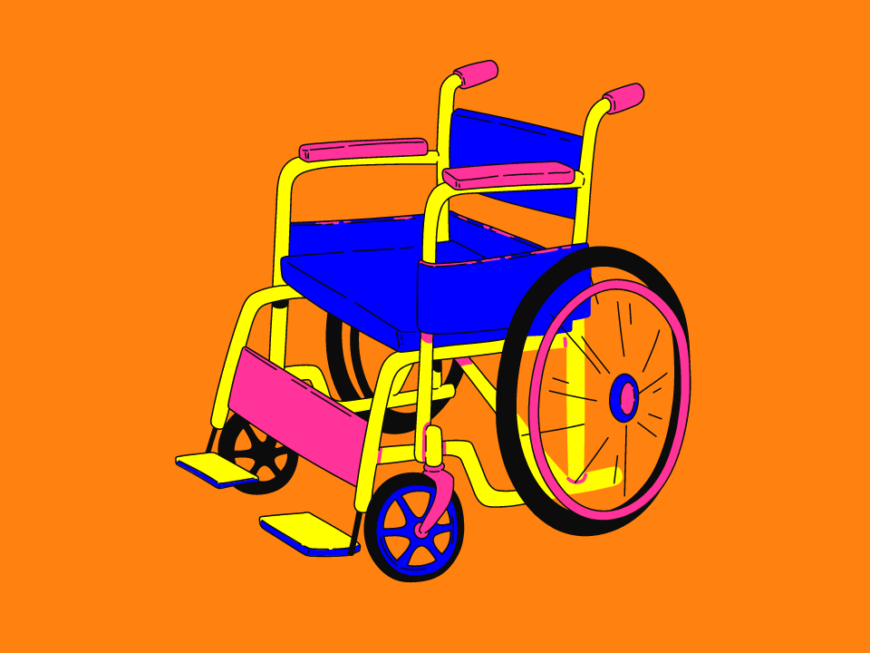It was obvious once I heard it but, to my embarrassment, it hadn’t occurred to me before:
When Black people were fighting to sit at the front of the bus, people with disabilities were fighting to get on the damned things.
Fast forward many years from my “how didn’t I see that?” moment ’til now.
I learned of an issue facing people with disabilities that hit me like a ton of bricks: the need to work until death to avoid being forced into an institution or nursing home.
And that’s true even for an internationally-celebrated, Senate-confirmed appointee in the Clinton and Obama administrations, like the recently-deceased Judith Heumann.
I’ve long known that home health isn’t just for older people but those with disabilities too.
What I learned more recently is how many folks—over 650,000 according to this article—are waiting for Medicaid waivers to receive home & community-based services (HCBS).
Without an HCBS waiver, people with disabilities mostly live in nursing homes or institutions.
But getting a HCBS waiver itself puts people in vulnerable positions:
To qualify for a HCBS waiver—with no guarantee of getting one—individuals can’t have more than $2000 in assets and their monthly incomes are capped as well.
So these are the choices for people with disabilities:
- Becoming insolvent to qualify for home care.
- Getting home care from family / friends.
- Living in an institution or nursing home to get needed care.
- Working until death to afford home care oneself.
I started writing this to bring disability issues to your awareness, not to plug villages.
But the article I mentioned gave me an opening that I couldn’t ignore:
It point outs that even if people with disabilities get HCBS waivers, our society lacks the infrastructure to support them living in the community.
(Ditto for older adults needing long-term care.)
Village care wouldn’t solve the problem, but it could greatly help.
And learning about challenges faced by different people can help us design better care.
My former colleague, who’s confined to a wheelchair, says that we should all watch Crip Camp on Netflix. It shows Heumann in action and gives a history of disability rights.


Published by